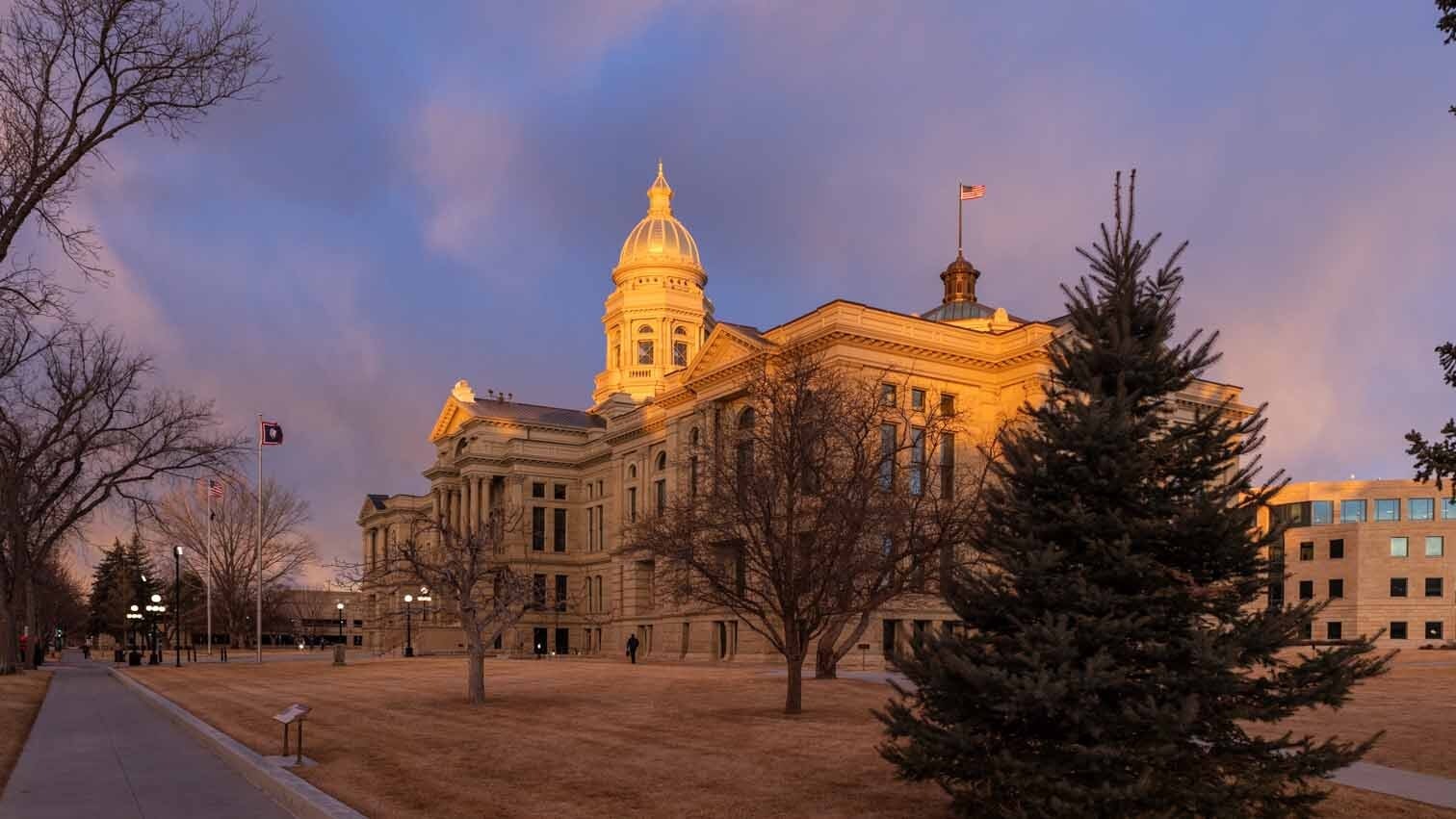Dear editor:
The Wyoming County Commissioners Association has been in the news lately, being labeled a “socialist” organization by a Hot Springs Commissioner and now being a topic for the Corporations, Elections, and Political Subdivisions Committee to study a possible ban on public money going to lobbying associations.
The committee Co-Chair, Chris Knapp, who voted in favor of sending this issue for interim study, is a former Campbell County Commissioner for 12 years, attended many WCCA meetings, and I believe the record will show, approved Campbell County’s membership in WCCA through the approval of the county budget every year he was a commissioner.
As a former Campbell County Commissioner, I would like to share my insights and experience with the WCCA.
As a newly elected commissioner, I gained insight from other county commissioners on issues that I had little experience in or knowledge on.
I found the statewide meetings very valuable in forging positive relationships with colleagues across the state.
The association was extremely helpful in sharing information to legislators regarding issues that affect county governments.
There are very few county commissioners who have the time to devote analyzing pieces of legislation and following its progress through a legislative session.
State associations, such as WCCA, have been a remarkable asset to local elected officials for many years.
It seems to me that the legislature is spending a great deal of time and taxpayer dollars studying this issue and potentially passing a law to ban local elected officials’ ability to make their own decisions on what is important in their annual budgets.
Surely those local elected officials are capable to decide how best to allocate taxpayer dollars without legislators passing yet another law.
I thought this whole Freedom Caucus thing was about limited government, not heavy-handed state government taking away local decision making.
Sincerely,
Marilyn Mackey, Gillette





